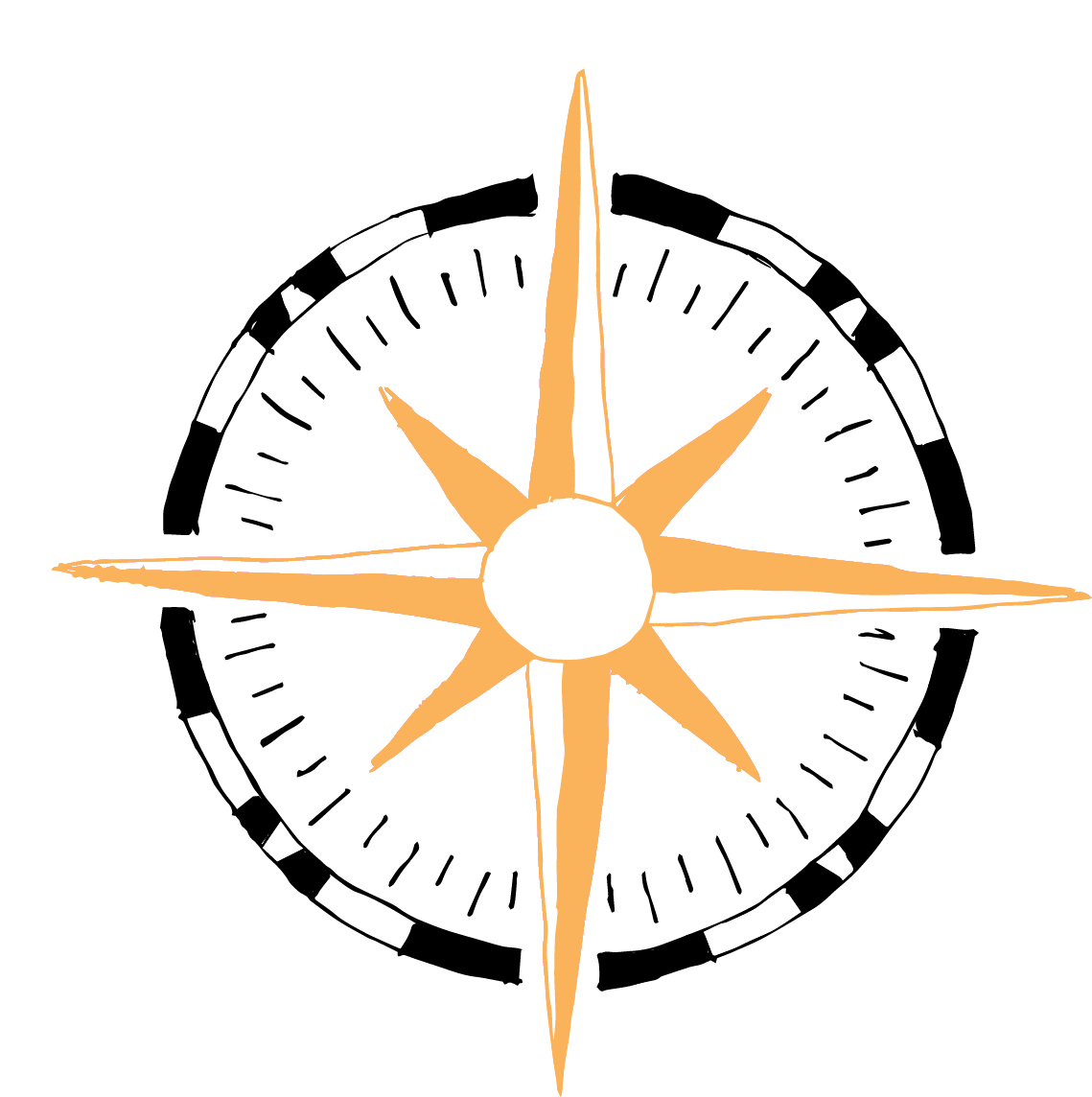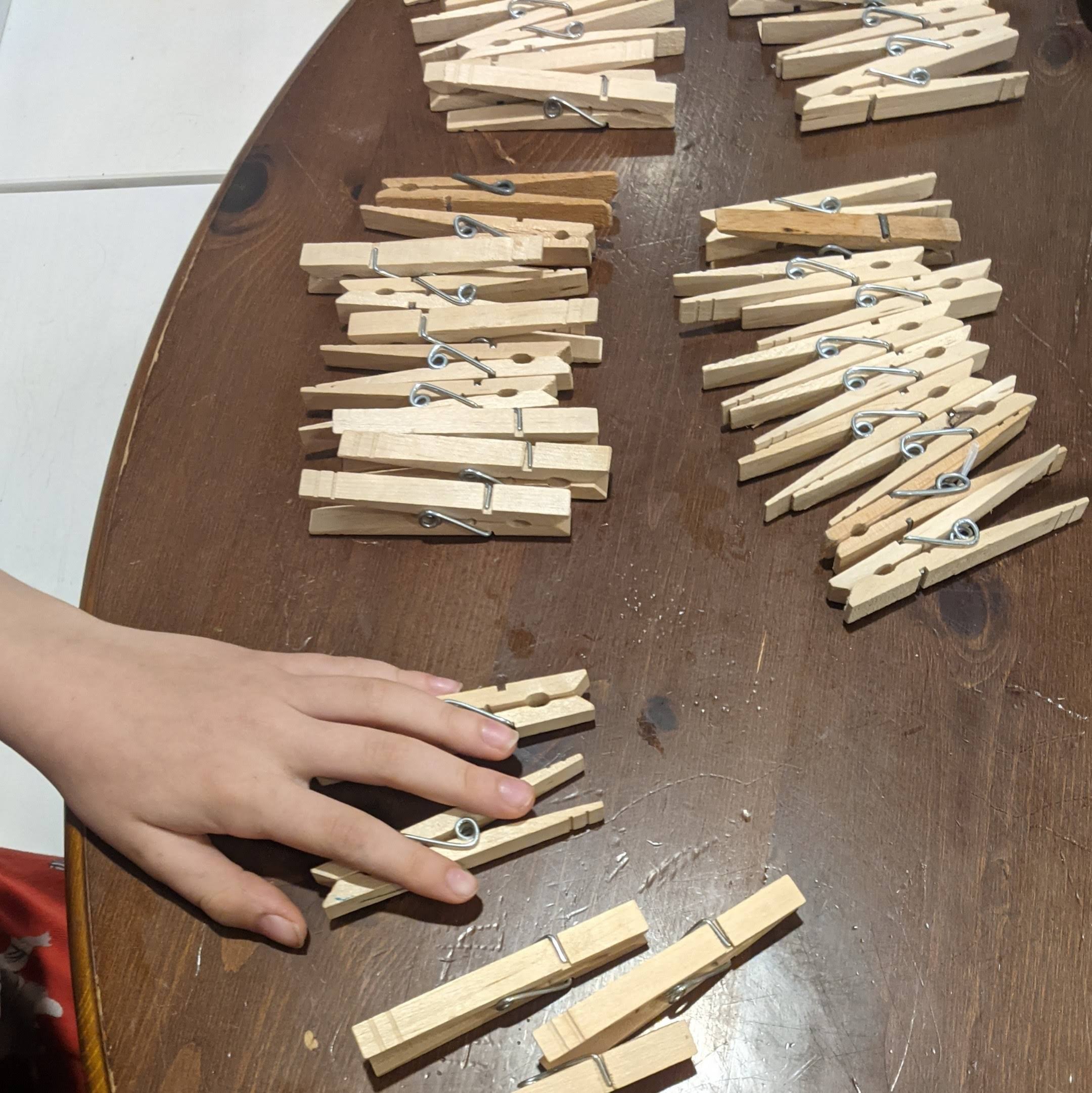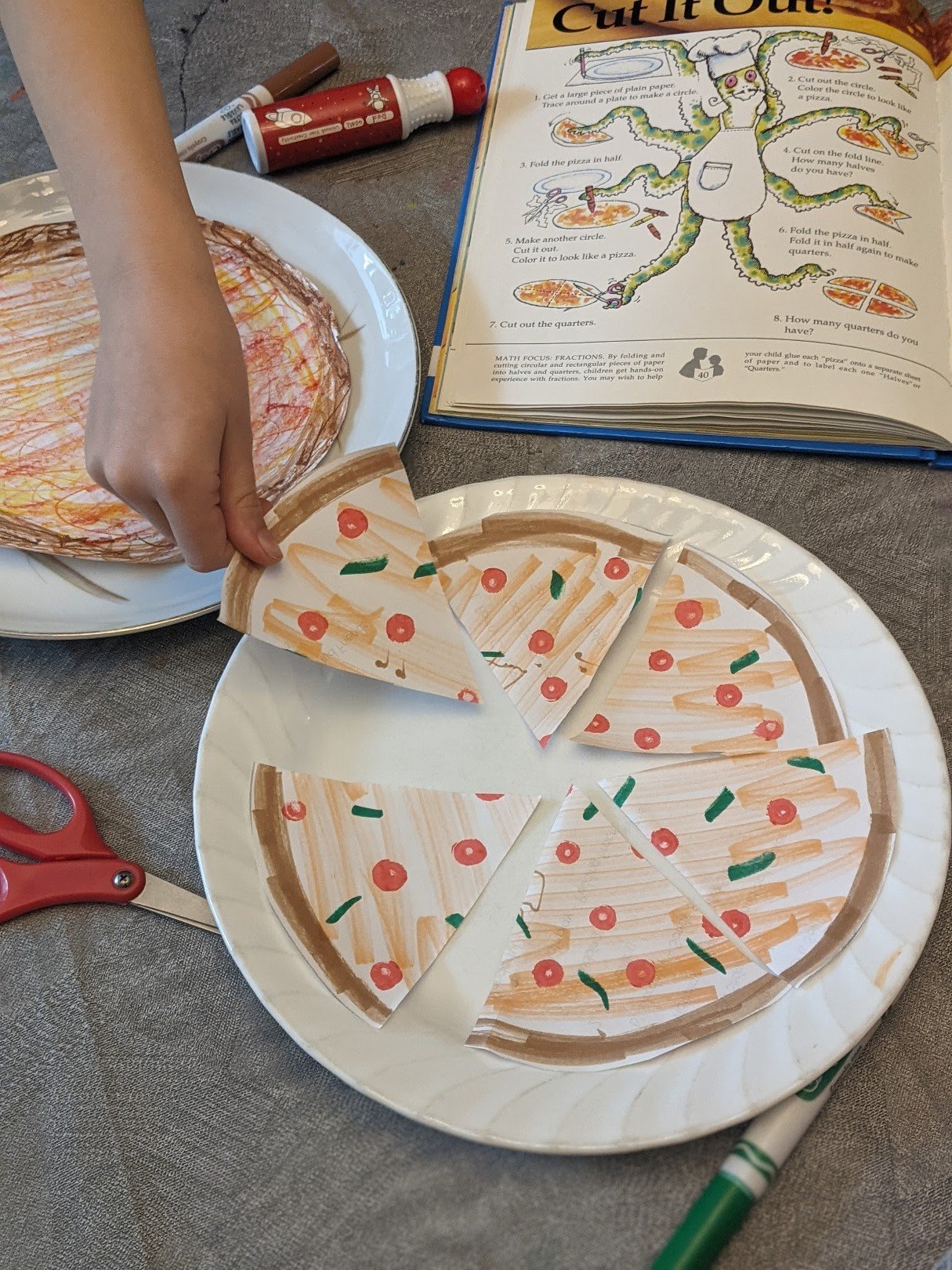Math through Play: Top 7 Tips for Teaching Conceptual Mathematics
Here’s a controversial idea - can you teach math without workbooks? Will kids learn what they need to know about math if you don’t drill multiplication tables?
My family doesn’t “do” workbooks - truthfully, I tried, it's like pulling teeth. They’re bored, I’m bored. It’s no fun and I started to doubt how much learning was actually getting through all that whining. So, how do we learn math? We explore concepts and then we play! Teaching math this way isn't quite as open and go as a workbook. But it's a lot more fun and very flexible. Read on to understand why you might consider trying this play-based approach and how to do it.
I was first inspired to try this approach after reading Let's Play Math by Denise Gaskins. A big idea in her book is that concepts are SO much more important than memorization. Growing up, I was “good” at math, but only when I understood the logic and patterns behind the rules. This strategy worked well for me and carried me into advanced mathematics, including what I needed to pursue my master of architecture. Another powerful idea from the book was that we can expose kids to advanced math ideas, even if they "seem" beyond their level. Patterns and logic are interesting! Yet many math programs focus on drilling facts instead of developing an intuitive sense of numbers, logic, and patterns. Fibonacci spirals and fractals and tesselation, oh my! These are fun and beautiful ideas that kids will love.
Here are my top teaching tips for playful math:
Note: I’ve included my affiliate links to products mentioned here. If you use my link a tiny percentage of the sale comes back to me (at no cost to you). Every little bit helps!
1) Visualize Math with Manipulatives
Many math concepts are MUCH clearer with physical items to represent them. Manipulatives can be ANYTHING. Lay pennies into squares and square numbers make a lot of sense. Divide jelly beans evenly between you and your kids. There are so many simple ways to make math simple to understand and easy to put together without tedious worksheets.
2) Explore Math Picture Books
I've got a small selection of math picture books in our home library and I add one or two to the stack to borrow on every library trip. The pictures here are from the “I Love Math” series which can be purchased used very affordably. We also love the “Sir Cumference” books and anything written by Greg Tang.
3) Integrate Playful Math into other Topics
Placing chocolate chips and dividing pieces evenly
Throughout our studies, I seek out ways to include math play. When I’m having a super organized week, I will pre-plan a few activities. For example, this week we are studying bird adaptations so we will be measuring and comparing the wingspans of different birds. Sometimes, the math play idea comes up while reading a book or doing a science experiment. There is so much math in science! Whether we are graphing an experiment or simply tracking time, we can explore the mathematical idea through the topic we are studying. This really adds clarity and purpose to math. We also explore math through art - patterns ARE art. Geometry and engineering challenges go hand-in-hand.
4) Share Everyday Math
There are so many great ways to practice math through everyday life. A few ideas - You could explore volumes while cooking and double a recipe while baking. Take a trip to the store and practice subtraction while using money. Involve kids in carpentry projects and teach them measurements and areas. Measuring accurately is honestly something many adults don’t do well, so you will be teaching a VALUABLE life skill too.
5) Keep Reference Guides
The game Ingenuous is fun for strategy and simple addition practice.
A few visual reference guides will help you as a parent to teach difficult concepts. I have a couple of great visual guidebooks from DK. I also used Wild Math third grade last year as a reference to get a sense of what most third graders are working on and get ideas for hands-on learning.
6) Play Math Games
When there isn’t a math topic lined up with our other learning or our life, we play games which involve logic, strategy, or calculating scores. We use some books that have math games - Family Math and Math You Can Play are both great. We also have games like Pentago for learning logic and Blobby’s Pizza for working with fractions.
7) Have Fun with Math Challenges
Mental math problems can be fun puzzles we solve on the go, such as while driving to playdates or cooking dinner. The key is all about attitude - telling word story problems with silly ideas and characters helps a lot. We also do “clock” math, making an equation out of the time on the clock.
I bet you didn't know that we actually teach you how to use this integrated math strategy in EVERY unit study from NorthStar! Playful math ideas for three differentiated levels are built into the labs, aligned with the suggested reading, and incorporated into games. We’ve got great activities for learning fun this summer and next year!














